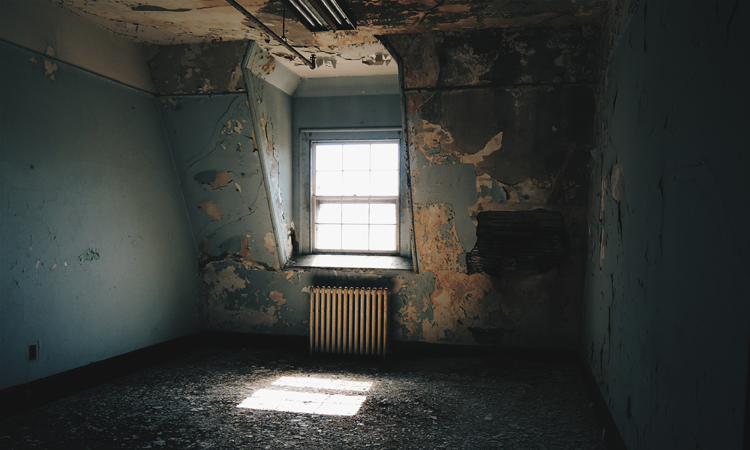“Silence is part of our human nature, which can no longer be heard by most people,” says Gordon Hempton, an acoustic ecologist, in the article “Looking for Silence”. When I first read this, I was struck by the profound truth of it. I’m a lifelong New Yorker for whom city noise is ever present, and if you asked me what does bliss mean, I’d say “some quiet.” Honking traffic, whizzing cars, ringing cellphones, clamorous construction…it all creates a constant cacophony in the city, something simply accepted as an inevitable part of urban life. But no matter where we reside, unwanted sounds and noise can plague us and eventually lead us to seek quiet to find some inner peace.
Silence: it’s made for us
Humans are a noisy bunch. Hempton says, “Imagine we’ve gathered to hear a symphony, and a handful of people are running vacuum cleaners or perhaps playing their own instruments without any regard for the orchestra.” He adds, “That’s how human sounds often come across in a wilderness environment… Too often the sounds people make are just waste products of their activity, discarded like trash with no regard for the environment.”
But according to Hempton, humans deserve quiet interaction with nature and the gifts it brings to our lives. “By listening to natural silence, we feel connected to the land, to our evolutionary past, and to ourselves.”
 In an article for The Sun Magazine , Hempton was asked why should the average person consider natural silence important. He answers, “When people wonder whether they should take the time to pursue finding a silent place in nature, I often ask whether they’ve seen the Milky Way. Many have, but some haven’t. When I look up at the Milky Way, it never fails to impress me. What a difference there is between talking about the universe and looking up and actually witnessing the galaxy of which we’re a part—an ocean of stars so immense that, by comparison, the items on my ever-present to-do list shrink in significance, and I feel renewed awe and reverence.
In an article for The Sun Magazine , Hempton was asked why should the average person consider natural silence important. He answers, “When people wonder whether they should take the time to pursue finding a silent place in nature, I often ask whether they’ve seen the Milky Way. Many have, but some haven’t. When I look up at the Milky Way, it never fails to impress me. What a difference there is between talking about the universe and looking up and actually witnessing the galaxy of which we’re a part—an ocean of stars so immense that, by comparison, the items on my ever-present to-do list shrink in significance, and I feel renewed awe and reverence.
“Experiencing silence can be like that. In a naturally quiet place you can hear for miles. People who live in cities can often hear only a few hundred yards. In nature your sense of place is huge.”
Sound: can it be deadly?
Experiencing silence is not only a soothing idea, but it can be beneficial to our health, according to an article by the American Psychological Association (APA). The APA notes a report co-issued by the World Health Organization, stating that “A steady exposure to noise pollution may lead to higher blood pressure and fatal heart attacks.”
As related to children, “The report also confirmed what several psychologists have known for decades: Chronic noise impairs a child’s development and may have a lifelong effect on educational attainment and overall health.” The report continues, “Numerous studies now show that children exposed to households or classrooms near airplane flight paths, railways or highways are slower in their development of cognitive and language skills and have lower reading scores.”
Clearly, we need quiet in our lives.
Need some inner peace in your life?

If you would like to have less noise in your world, try the following:
- Each day, switch off your phone, and any other noise generators, for an extended period of time
- Schedule quiet times in a special room in your household just for yourself. Let your loved ones know you require this half-hour or so of uninterrupted time
- Try meditation, during which you neither listen to or make sounds but sit in quiet solitude
- Spend some time alone in a serene nature spot, free of distractions
The sounds of silence
Hempton reminds us: “Silence is not the absence of something, but the presence of everything.” While we’ll never escape noise completely, we can create necessary moments of quiet—and, in the process, create much-needed balance. Silence, it turns out, is indeed golden.

Rose Caiola
Inspired. Rewired.


